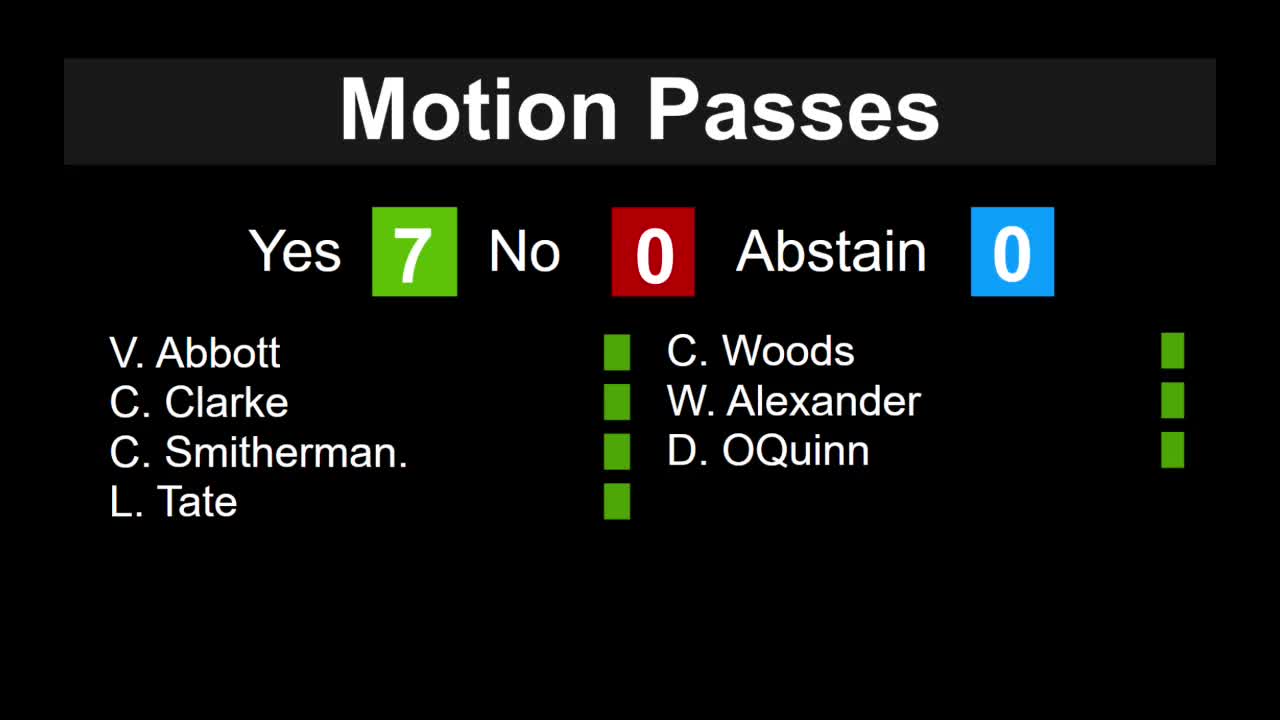Birmingham approves pilot using sensors and dynamic signage to alert public about blocked railroad crossings
Get AI-powered insights, summaries, and transcripts
Subscribe
Summary
The City Council authorized an agreement with Alabama Power to place sensors and signage at select crossings in western Birmingham as a multi-year pilot to predict and communicate blocked rail crossings, funded in part with ARPA allocations from Districts 5 and 7.
The Birmingham City Council on April 8 approved a resolution authorizing the mayor to execute an agreement with Alabama Power Company to host small-cell equipment and sensors on select poles for a pilot system that predicts blocked railroad crossings and displays alerts on dynamic messaging boards.
The council said the pilot will initially cover four crossings in the western part of the city and is expected to run as a five-year data-collection project, with the implementation agreement for the poles and related equipment set at not-to-exceed $10,000 for up to three years. Council members said American Rescue Plan Act (ARPA) dollars allocated by Districts 5 and 7 will fund the city’s portion of the work.
Council President O'Quinn described the system as a “novel solution” that will “listen for the trains coming,” predict how long crossings will be blocked, and communicate that information through signage and by feeding data to navigation apps to help drivers re-route. Pro Tem Alexander said the council had collaborated on ARPA allocations to bring the pilot to the West Side.
Councilor Clark asked whether the devices would integrate with public-safety systems; the council was told cameras on the devices can connect to the city’s real-time crime center so dispatch can visually confirm blocked crossings and route first responders around delays. Councilor Tate and Councilor Smith praised the collaborative effort to address long-standing issues with blocked rail crossings and lauded the educational outreach the city will provide to encourage use of navigation apps.
The council voted to approve the resolution by voice vote. The item’s proponents said the pilot will allow the city to collect data on effectiveness and consider wider deployment at additional crossings if results are positive.
The pilot is intended to provide advance warning to motorists and first responders and to reduce delays caused by blocked crossings; the agreement will also include remote installation, software, and messaging boards as described in the approved resolution. The council noted the city, county and state lack authority to regulate train movement, so the pilot focuses on prediction and public information rather than traffic regulation.
